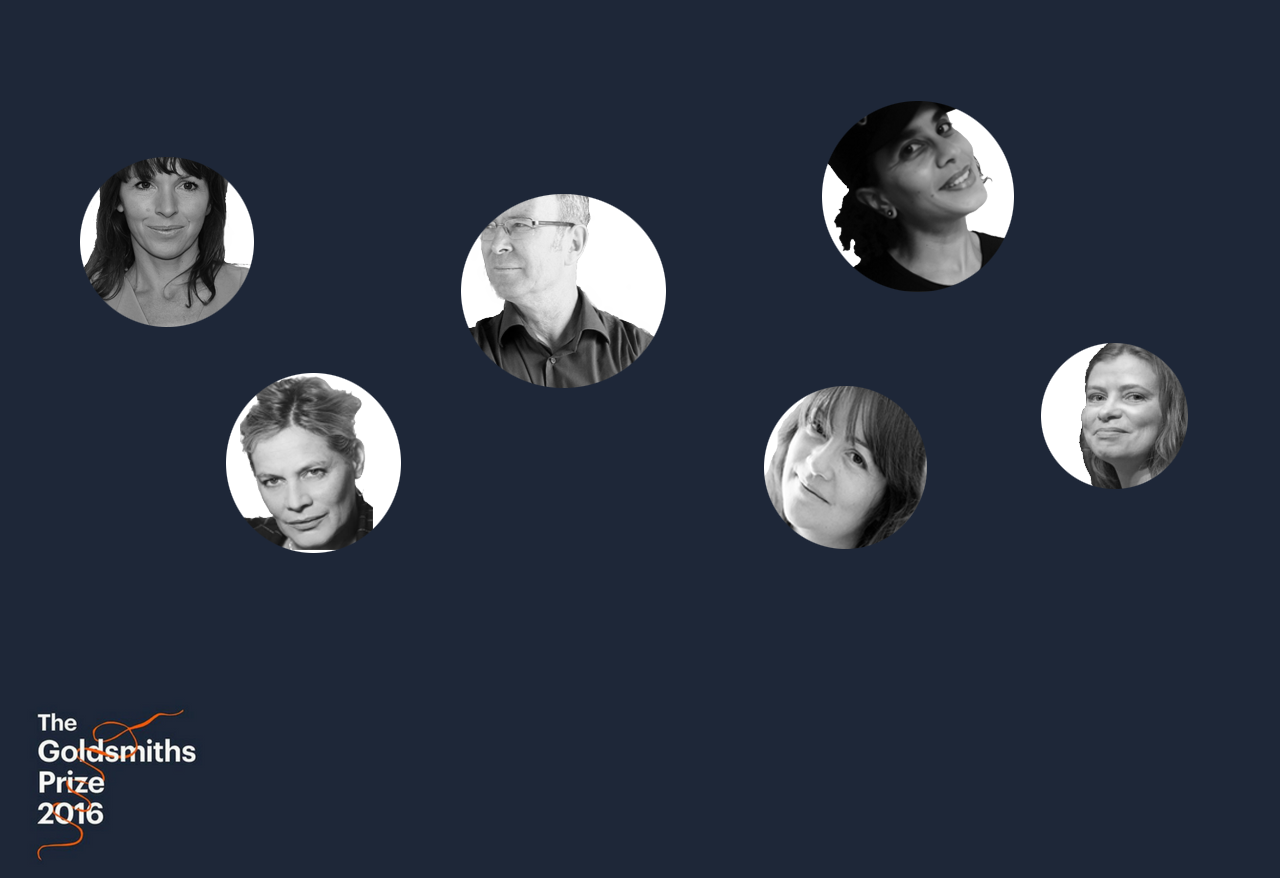
Anakana Schofield: “If I could follow a recipe I might write less demented novels”
The author of “Martin John” on writing perverts, literary weather forecasting and the value of curiosity.
“How curious are you? Are you a curious reader, are you a curious writer? Novels become what they need to become is my feeling. Experimental leanings or interrogations require perhaps more willingness to fail, since you’re trying ‘other’ recipes. They may add up. They may not. In my case I can’t cook, so I suspect I have no other choice. Perhaps if I could follow a recipe, I might write less demented novels. But life is demented and dementing so I can’t imagine writing work that doesn’t speak to that.”
Mike McCormack: “British fiction is dominated by an intellectual conservatism”
The author of “Solar Bones” on engineers, Heidegger, and why Ireland is producing so much innovative fiction.
“In Ireland, our pinnacle, our Mount Rushmore, is the Father, Son and Holy Ghost: James Joyce, Flann O’Brien and Samuel Beckett. And it feels like we’re digesting their legacy. I don’t know if it’s something about being able to see them clearly now, but people are no longer afraid to name-check the three masters. My generation were a bit wary of picking up the challenge those old fellows had laid down for us. Now I see it not as a challenge, but a license. Beckett and Joyce and Flann are giving me the quest: go forth and experiment. A younger generation of writers has twigged that a lot faster. This is a really exciting time: for the first time in my lifetime, there’s been a rejuvenation of the experimental pulse in Irish fiction.”
Eimear McBride: “From a few male critics I heard the sound of petrified gonads retracting in distaste”
The author of “The Lesser Bohemians” on writing sex (without soft lighting) and her use of form.
“From the start I knew that writing for me was trying to more completely capture the wholeness and immediacy of the moment. Forcing language to do what the mind and body take for granted. Grammatical sentence structure sets a false linear construction on the experience of life. Humanity is far more sophisticated than grammar. We can act, react, think and experience all at once and I’m keen to find ways of making language replicate that. If humanity was wiped off the face of the earth and aliens rebuilt us to process information in accordance with grammatical sentence structures, how slow evolution would become . . .”
Rachel Cusk: “Tristram Shandy looks more radical than anything being written today”
The author of “Transit” on the value of risk and taking inspiration from Canada.
“I went to Canada – where I was born – while I was writing ‘Transit’ and was quite affected by my experiences of art there. It was the first time I’d been back – I have no memory of Canada at all – and yet there was a familiarity to it, almost a sense of déjà vu that seemed to be an actual part of its reality. In Toronto we spent time in the room Henry Moore designed to house a large collection of his own sculptures, after the city offered to give them refuge in a period when he was disdained back in England and feared for the conservation of his work. The sense of this huge unknown country where the European sensibility could untether itself struck me quite powerfully as a commentary on the complex nature of freedom.”
Sarah Ladipo Manyika: “Breaking convention often takes courage and is seldom rewarded”
The author of “Like a Mule Bringing Ice Cream to the Sun” on reading for pleasure and exploring the sex lives of older women.
“I had not read other books that explore an older woman’s sexuality so I decided to go there, albeit in a small way. Thanks to such authors as J M Coetzee, Ian McEwan and Philip Roth, I have many literary examples of older men’s desire, but far less when it comes to older women. Yet, when I speak to older women . . . well, the stories that many tell!”
Deborah Levy: “Literature is very dusty compared to the visual arts”
The author of “Hot Milk” on Brexit, family politics and the influence of Lowry.
“I looked at Lowry paintings. Partly because Lowry’s mother used her illness to control her son and keep him at her side, which is Sofia’s plight, too. Lowry cared for his depressed mother in the day and painted at night. His tutor was the French impressionist painter, Valette. Lowry turned up to his life classes at the Manchester School of Art. It was Valette who suggested to him, the possibility of using the urban landscape as a subject. Lowry was influenced by Valette’s aesthetic enthusiasm for Monet and Degas when he painted industrial North West England. I really like the way Lowry talks about his work – I can relate to it – such as, ‘I wanted to paint myself into what absorbed me . . .’ and, in relation to ‘Hot Milk’, this in particular: “Most of my land and townscape is composite. Made up; part real and part imaginary … bits and pieces of my home locality. I don’t even know I’m putting them in. They just crop up on their own, like things do in dreams.”





